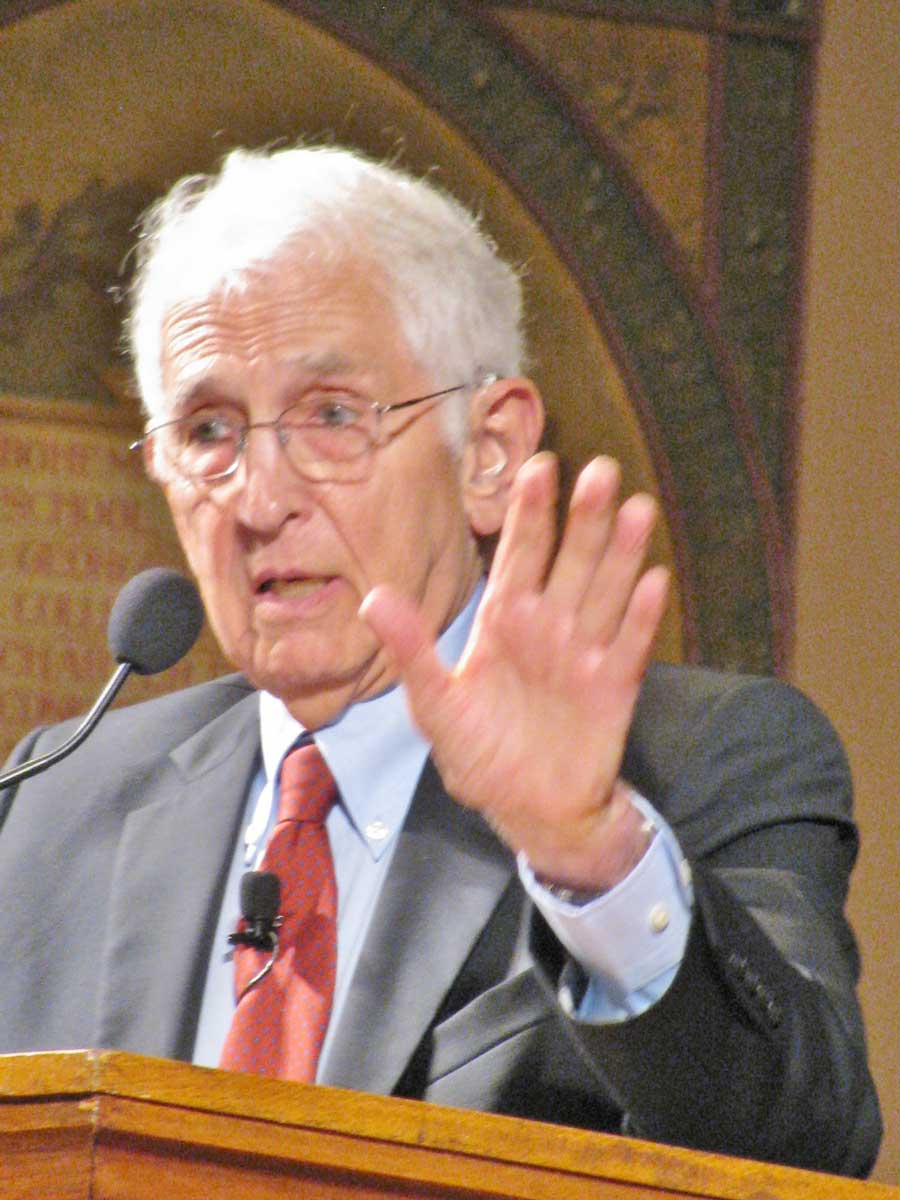The views expressed in our content reflect individual perspectives and do not represent the authoritative views of the Baha'i Faith.
We humans have some peculiar traits—but blaming the messenger has to be one of the strangest.
You can call it shooting the messenger, blaming the bearer of bad news or the ad hominem logical fallacy, but it all boils down to the same thing: when we receive a message we don’t like, we tend to want to take it out on the one who delivered the message. We’ve done this since long before the ancient Greek playwrights wrote about it:
No man delights in the bearer of bad news. – Sophocles, Antigone
The old sayings about this all-too-human trait originated long before modern media evolved. In ancient times, kings and armies used messengers to communicate with each other, usually brave young people who would cross enemy lines to deliver a message to the opposing side. Those human envoys and emissaries, as you might expect, sometimes delivered bad news—and suffered the consequences. Not all leaders killed messengers—some saw themselves as more enlightened, like Alexander the Great in his well-known reply to the messengers sent by an opposing king:
Now you fear punishment and beg for your lives, so I will let you free, if not for any other reason so that you can see the difference between a Greek king and a barbarian tyrant, so do not expect to suffer any harm from me. A king does not kill messengers.
Most leaders, though, saw messengers as fair game. A famous Spanish lament expresses one such messenger’s fate: ¡Ay de mi Alhama! uttered by the Moorish king Boabdil (Abu Al-Hacen). When the king heard the news of the fall of the city of Alhama in 1482 to its Catholic conquerors, he instantly burned the written messages and killed the messenger.
The king knew that the loss of Alhama meant the end of his rule, so he struck out violently at the first available target. Sigmund Freud later explained that:
…a further determinant of this behaviour of the king was his need to combat a feeling of powerlessness. By burning the letters and having the messenger killed he was still trying to show his absolute power. – On Metapsychology, p. 455.
I suppose you could call it denial or rage or even a self-defense mechanism, but killing the messenger seems to allow us to pretend, even if only for a few moments, that we can also kill the message itself.

Daniel Ellsberg
Once you’re aware of it, you start to see this blame-the-messenger psychology everywhere. Political leaders who blame the media for their problems use it constantly, attacking reporters, news anchors and even entire newspapers or networks. Corporations and governments blame whistleblowers and anonymous informants rather than scrutinizing their own immoral or illegal conduct, even after it’s been exposed for all to see. Scientists who deliver early environmental warnings are often pilloried and publicly criticized for their work. Officials who leak important documents—Daniel Ellsberg, who famously leaked the Pentagon Papers to the New York Times in 1971, for example—are sometimes criminally charged, as Ellsberg was, with espionage and treason.
But no more glaring example of shooting the messenger exists than the terrible treatment humanity has repeatedly meted out to the prophets of God.
Every messenger of God, every founder of a world Faith, has undergone persecution for proclaiming a new system of belief:
Thou hast known how grievously the Prophets of God, His Messengers and Chosen Ones, have been afflicted. Meditate a while on the motive and reason which have been responsible for such a persecution. At no time, in no Dispensation, have the Prophets of God escaped the blasphemy of their enemies, the cruelty of their oppressors, the denunciation of the learned of their age, who appeared in the guise of uprightness and piety. Day and night they passed through such agonies as none can ever measure, except the knowledge of the one true God, exalted be His glory. – Baha’u’llah, Gleanings from the Writings of Baha’u’llah, p. 57.
That sounds like a worthwhile undertaking—to “meditate a while on the motive and reason which have been responsible for such a persecution,” as Baha’u’llah recommends. So in this series of essays we’ll do exactly that—meditate and ponder on the persecution of the prophets, and try to understand this seemingly intractable and perverse pattern of cruelty, martyrdom, torture and rejection humanity has visited upon its most revered figures.
You May Also Like
Comments

















We all like to be comfortable and we also like tradition! When someone or something comes along and threatens to interrupt these things, we revolt. Those with the most to loose will revolt the most. However I do find it embarrassing that humanity never seems to learn from prior mistakes, and thus persecute the next Messenger, even when we have had it 'spelt' out for us to watch and listen for Them... so sad.